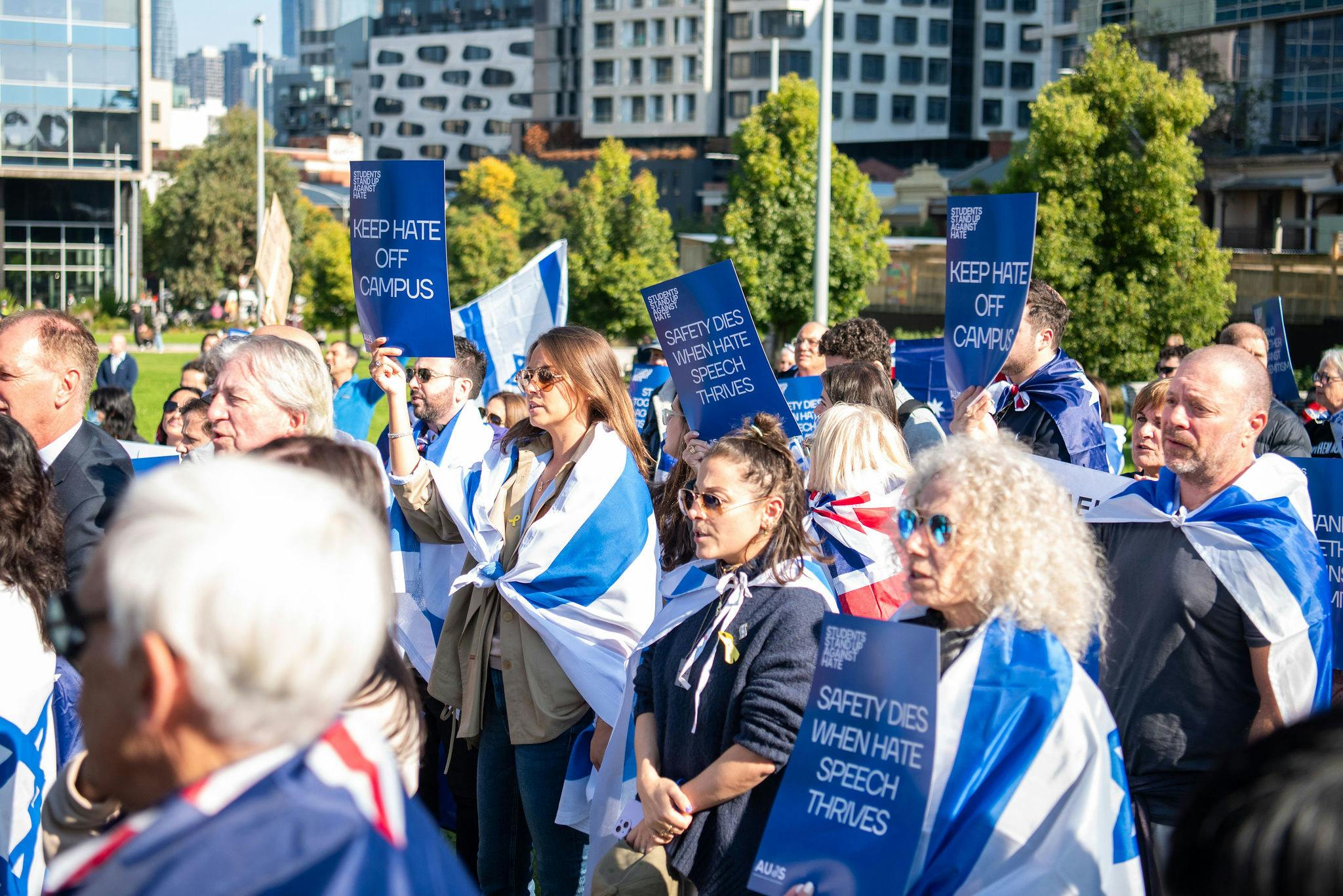Published: 13 July 2020
Last updated: 4 March 2024
In a Zoom event hosted by The Jewish Independent last Sunday, the co-creator of the TV series Stateless, Elise McCredie, spoke with Andrew West about the politics of character, the impact of detention and Covid
“EVEN WITH CATE BLANCHETT, it was not easy to get funding,” Elise McCredie admitted. “The subject [asylum seeker detention] is just not easy to get financial support for. There was some public fatigue with the subject.”
McCredie, the writer and co-creator of the acclaimed drama series Stateless, which was broadcast on the ABC in March, was candid about the difficulties the producers faced, in a Zoom interview with Andrew West presented by The Jewish Independent on Sunday night.
The six-part series shone a searing spotlight on the running sore of asylum seeker detention through the lives of four people in very different roles - a flight attendant with mental health problems, an Afghan refugee fleeing persecution, a young Australian father trying to become a better provider and a bureaucrat tasked with a no-win job.
Stateless left a powerful mark on viewers through its confronting portrait of life in the centre, and the moral dilemmas that immigration detention imposes on anyone involved in the system.
McCredie, whose writing and directing credits on TV and film include Jack Irish, Sunshine and Ride Like a Girl, spent four years researching the story and characters to get an intimate knowledge of everyone involved in the system.
Yet despite its enduring relevance and authenticity (the TV set was modelled on Baxter Detention Centre and built just up the road from it in the South Australian desert), McCredie said Stateless faced deep hurdles in getting made.
[gallery columns="1" size="large" ids="36767"]
“In the cut-throat world of TV financing, you need big names,” McCredie explained. In addition to Blanchett, one of the four main characters was played by Yvonne Strahovski, who also has an international profile from her role in The Handmaid’s Tale.
But the fact that Strahovski’s character, Sophie Werner (who pretends she is a German asylum seeker to escape her unhappy life), was a white woman sparked criticism about whether a series on asylum seekers should have a white central character. McCredie acknowledges the point but stood her ground when the question was put to her by a member of the audience.
“In an ideal world, you wouldn’t need a ‘white central character’. But because of the difficulties in attracting finance, “I thought it was better to get the show up with a white central character rather than not having a show at all.”
McCredie explained that Strahovski’s character is front and centre in the opening episode but recedes over the next five episodes and became more of a recurring motif as the spotlight focused more on the Afghan family and the conflicts facing the guards and detention officials.
[gallery columns="1" size="large" ids="36768"]
Asked by Andrew West whether the series generated a political response, McCredie was blunt. “I wish - but we started screening just as Covid shut the world down. My dream was that we would spark a national conversation about detention.
“It’s a stain on us all.”
But the pandemic sucked the oxygen out of the public gaze, she said.
However, she reminded the audience that Australians can still see Stateless on ABC iView, while those overseas can now see it on Netflix, which started broadcasting the series last week.




